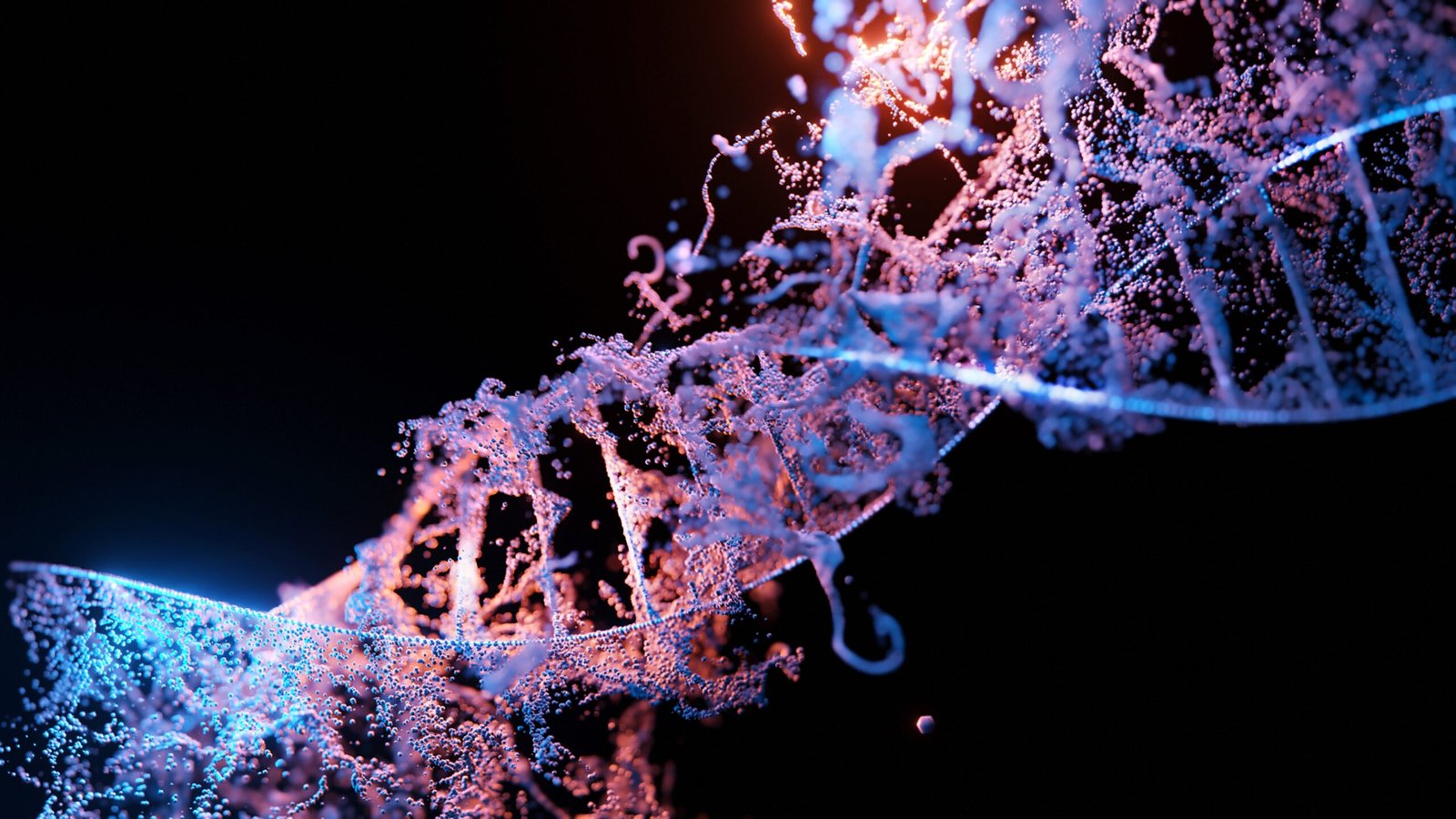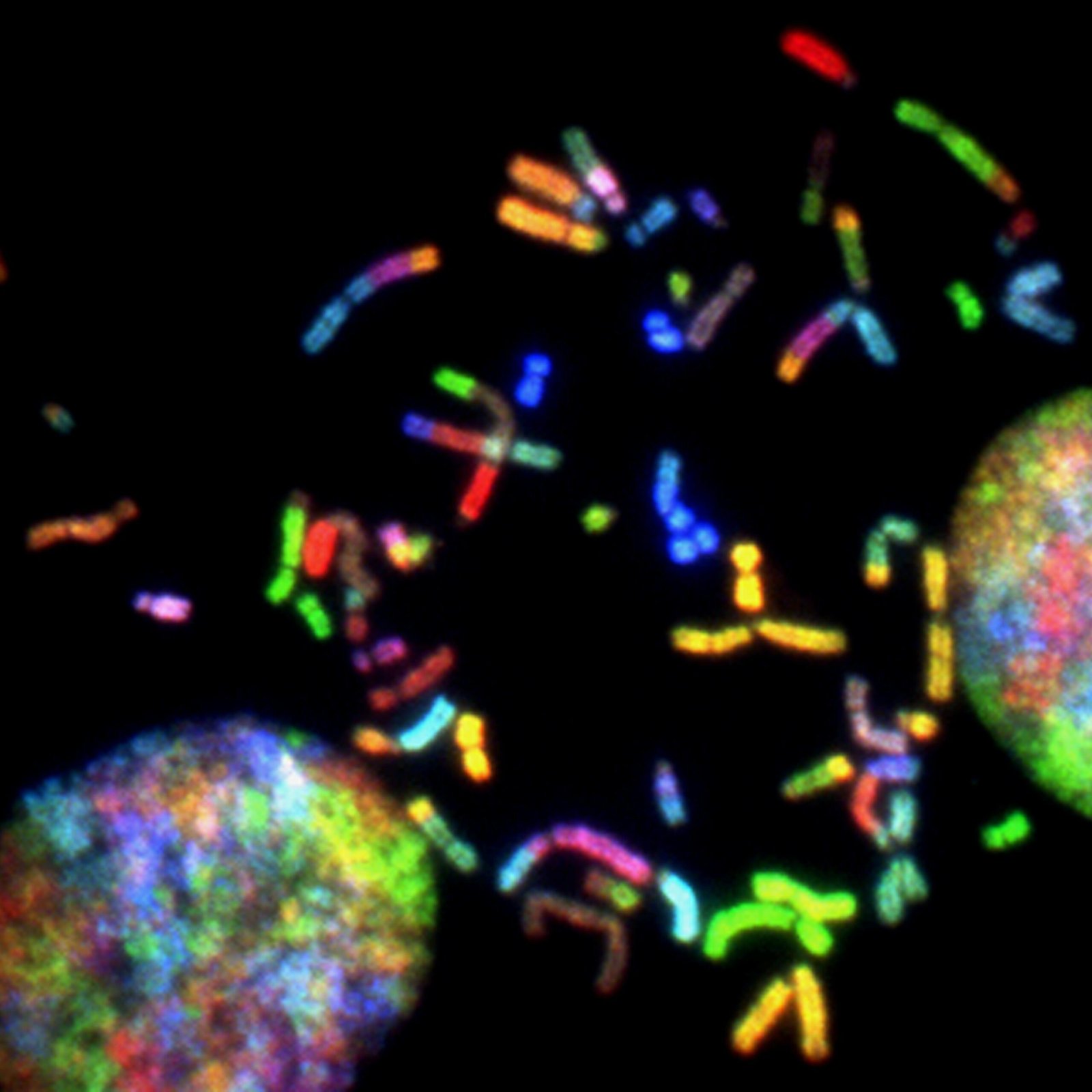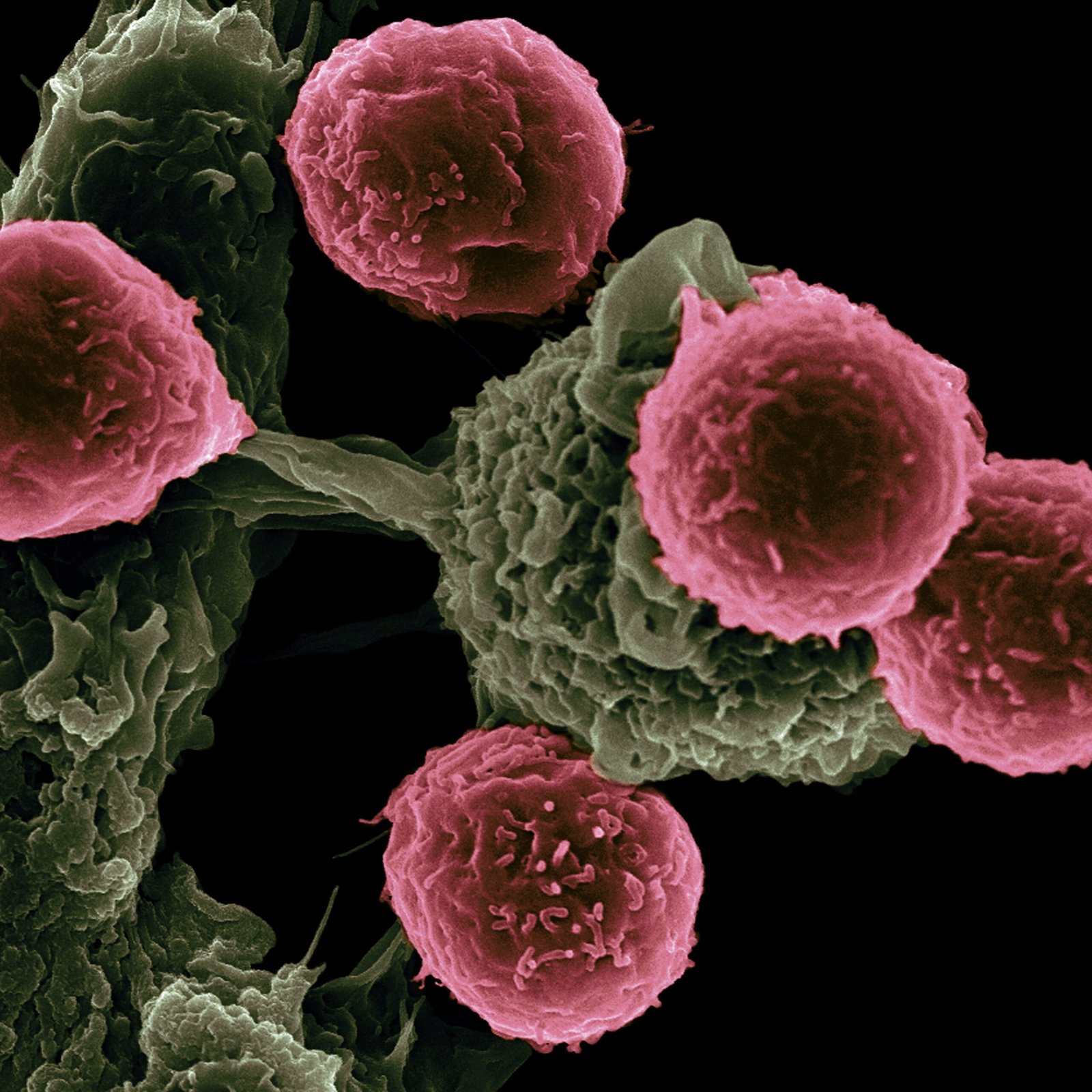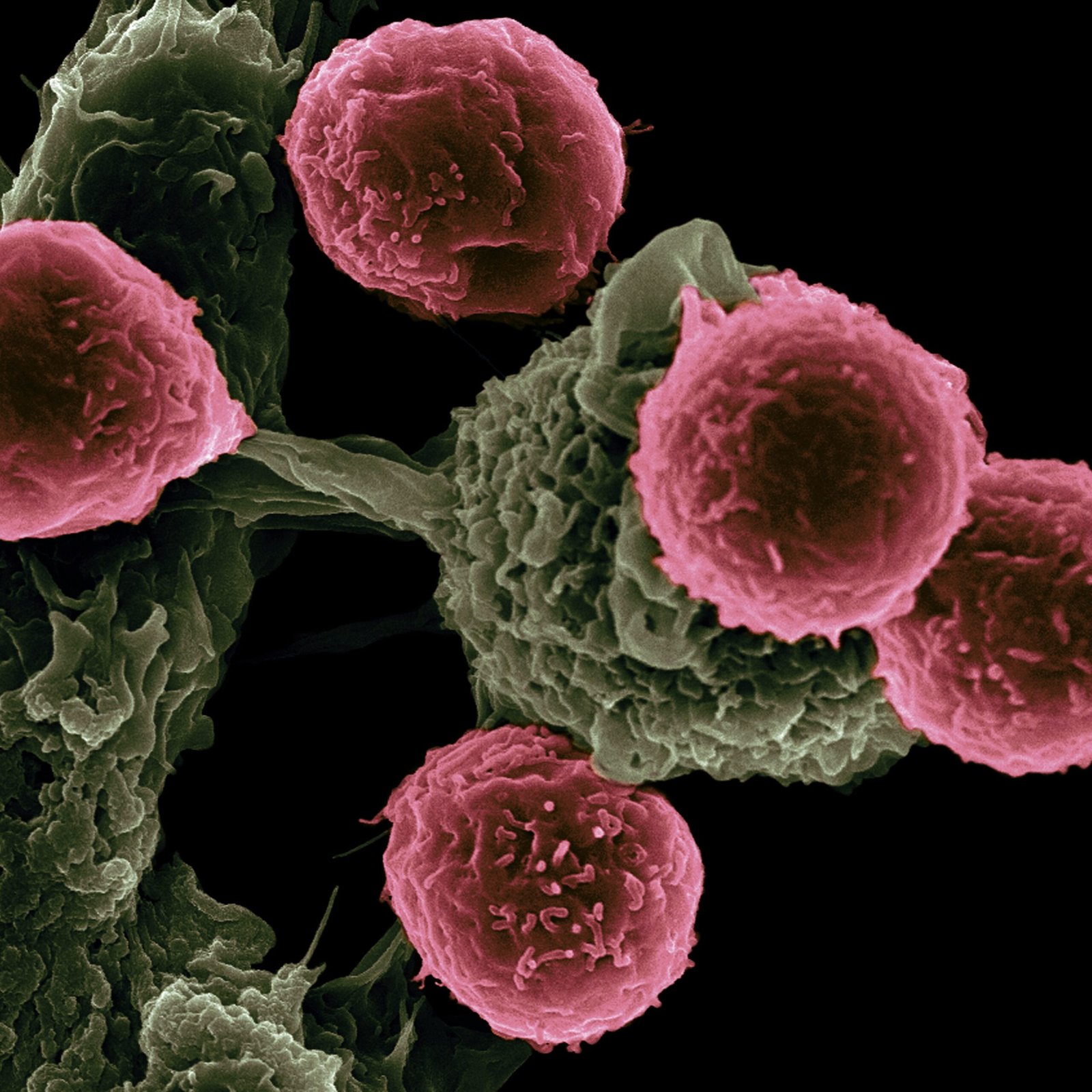So you’ve always wondered why some people seem to be more prone to kidney stones than others? Well, the answer may lie in your genes. This article explores the fascinating world of genetic factors in kidney stone prevention, shedding light on how our DNA may hold the key to understanding why some individuals are more susceptible to this painful condition. From exploring the role of specific genes to unraveling the complex relationship between genetics and dietary factors, get ready to uncover the mysteries behind kidney stone formation and discover how advancements in genetic research may pave the way for more effective prevention strategies.

This image is property of images.unsplash.com.
I. Genetic Testing for Kidney Stones
A. Overview of genetic testing
Genetic testing is a powerful tool that allows individuals to uncover information about their genetic makeup. When it comes to kidney stones, genetic testing can provide valuable insights into an individual’s risk for stone formation, recurrence, and even response to certain treatments. This type of testing involves analyzing the DNA and identifying genetic variations or mutations that may be associated with kidney stone development. By understanding the genetic factors that contribute to kidney stone formation, healthcare providers can develop personalized strategies for prevention and treatment.
B. Benefits of genetic testing
Genetic testing for kidney stones can offer numerous benefits to individuals at risk. Firstly, it can provide a clearer understanding of one’s predisposition to develop kidney stones. By identifying specific genetic variants associated with stone formation, individuals can be more proactive in making necessary lifestyle modifications and dietary changes to prevent stones from occurring. Additionally, genetic testing can help determine the likelihood of stone recurrence, allowing healthcare providers to design tailored preventive strategies. Lastly, genetic testing can inform treatment options by providing insights into an individual’s response to certain medications or surgical interventions.
C. Limitations of genetic testing
While genetic testing for kidney stones has its advantages, it is important to acknowledge its limitations. Genetic testing only provides information about an individual’s genetic predisposition, and it cannot guarantee the development or absence of kidney stones. Other environmental factors, such as diet and lifestyle choices, also play a significant role in stone formation. Genetic testing should be used as a complementary tool alongside other diagnostic methods, rather than the sole determinant for treatment decisions. Additionally, the interpretation of genetic variants can be complex, and the results may not always provide clear-cut answers. Genetic counseling is crucial to help individuals understand the implications of their test results and make informed decisions.
II. Genetic Variants Associated with Kidney Stones
A. Calcium handling genes
Calcium handling genes play a vital role in maintaining calcium balance in the body, which is crucial for preventing the formation of calcium-based kidney stones. Variations in genes involved in calcium reabsorption in the kidneys, such as TRPV5 and SLC34A1, have been found to increase the risk of calcium stone formation. These genetic variants can result in impaired calcium absorption, leading to an excess of calcium in the urine and the formation of stones.
B. Oxalate metabolism genes
Oxalate metabolism genes are responsible for the breakdown and elimination of oxalate, a substance found in many foods. Variations in genes such as AGXT and SLC26A6 can affect the body’s ability to properly metabolize oxalate, leading to higher levels of oxalate in the urine. Increased urinary oxalate levels can promote the formation of calcium oxalate stones, the most common type of kidney stone.
C. Uric acid metabolism genes
Uric acid is another common component of kidney stones, and genetic variations in uric acid metabolism genes can impact an individual’s susceptibility to uric acid stone formation. Genes involved in the regulation of uric acid levels, such as SLC22A12 and SLC2A9, can influence the excretion and reabsorption of uric acid in the kidneys. Certain genetic variants may result in higher levels of uric acid in the urine, increasing the risk of uric acid stone formation.
D. Cystine metabolism genes
Cystine is an amino acid that, when present in excessive amounts in the urine, can lead to the formation of cystine stones. Variations in genes involved in the transport and metabolism of cystine, such as SLC7A9 and SLC3A1, can impair the reabsorption of cystine in the kidneys. This can result in increased levels of cystine in the urine and the subsequent formation of cystine stones.
III. Impact of Genetic Factors on Kidney Stone Formation
A. Increased risk with specific genetic variants
Specific genetic variants associated with kidney stones can significantly increase an individual’s risk of developing stones. For example, individuals with variations in calcium handling genes, such as TRPV5 and SLC34A1, may have reduced calcium reabsorption in the kidneys, leading to higher levels of calcium in the urine and an increased risk of calcium stone formation. Similarly, genetic variations in uric acid metabolism genes, like SLC22A12 and SLC2A9, may result in impaired uric acid excretion, increasing the likelihood of uric acid stone formation. Understanding these genetic risks can help individuals make proactive choices to prevent stone formation.
B. Interactions between genetic and environmental factors
While genetic factors can predispose individuals to kidney stones, the development of stones is often influenced by a combination of genetic and environmental factors. Diet, fluid intake, and lifestyle choices can interact with genetic variants to either increase or decrease the risk of stone formation. For instance, individuals with genetic variations that affect calcium metabolism may need to modify their calcium intake to maintain a balance that minimizes stone formation. This interaction between genes and the environment underscores the importance of a holistic approach to kidney stone prevention that takes into account both genetic and lifestyle factors.
IV. Genetic Factors and Recurrence of Kidney Stones
A. Genetic markers for stone recurrence
Identifying genetic markers associated with stone recurrence is crucial for developing effective preventive strategies. Several studies have identified specific genetic variants that may be linked to a higher risk of stone recurrence. For example, variations in genes involved in the metabolism of oxalate and uric acid, such as AGXT and SLC2A9, respectively, have been associated with increased stone recurrence rates. By identifying these genetic markers, healthcare providers can implement targeted preventive measures to reduce the likelihood of stone recurrence in individuals at higher risk.
B. Importance of genetic testing in recurrent stone formers
For individuals who have experienced recurrent kidney stones, genetic testing can provide valuable information to guide treatment and prevention strategies. By identifying the specific genetic variants contributing to stone formation, healthcare providers can tailor interventions to address the underlying genetic factors. This could involve personalized dietary recommendations, medication selection based on pharmacogenomics, or even surgical interventions designed to target the genetic risks associated with stone recurrence. Genetic testing can empower recurrent stone formers with a deeper understanding of their condition, increasing the likelihood of successful prevention and long-term management.

This image is property of images.unsplash.com.
V. Genetic Factors Inform Treatment Strategies
A. Personalized dietary recommendations
Genetic factors can influence an individual’s response to certain dietary components, making personalized dietary recommendations an essential part of kidney stone prevention and management. By considering an individual’s genetic variants, healthcare providers can develop dietary strategies that minimize the risk of stone formation. For example, those with genetic variations affecting calcium metabolism may be advised to adjust their calcium intake, ensuring an appropriate balance for their specific genetic predispositions. Genetic testing allows for a targeted approach to dietary modifications, maximizing their effectiveness in preventing kidney stones.
B. Pharmacogenomics and medication response
Pharmacogenomics is the study of how genetic variations affect an individual’s response to medications. In the context of kidney stones, pharmacogenomics can help determine the most appropriate medications for stone prevention and management based on an individual’s genetic profile. For instance, individuals with specific genetic variants that impact the metabolism or excretion of certain medications may require adjustments in drug selection or dosing. By incorporating pharmacogenomics into treatment decisions, healthcare providers can optimize the effectiveness of medication regimens and minimize side effects.
C. Surgical interventions tailored to genetic risk
Surgical interventions play a significant role in the treatment of kidney stones, particularly in cases where stones are large or causing obstruction. Understanding an individual’s genetic risk factors can help guide surgical decision-making. For example, individuals with genetic variations that increase the risk of stone recurrence may benefit from more aggressive surgical approaches to minimize the need for future interventions. Additionally, knowledge of an individual’s genetic profile can inform the choice of surgical techniques, ensuring the best possible outcome by addressing the specific genetic factors contributing to stone formation.
VI. Genetic Factors and Lifestyle Modifications
A. Impact of genetics on response to dietary changes
While dietary modifications are a common recommendation for kidney stone prevention, the effectiveness of these changes can vary based on an individual’s genetic profile. Genetic factors can influence how the body metabolizes and responds to dietary components, potentially affecting the success of dietary interventions in preventing stone formation. By taking an individual’s genetic variants into account, healthcare providers can personalize dietary recommendations to maximize their impact. This tailored approach acknowledges the influence of genetics on dietary response, allowing for more targeted and effective lifestyle modifications.
B. Exercise and genetics
Regular exercise is often recommended as part of a healthy lifestyle to prevent various health conditions, including kidney stones. However, the impact of exercise may be influenced by genetic factors. Certain genetic variants may affect an individual’s response to exercise, including its influence on stone formation. Understanding the interaction between genetics and exercise can help individuals optimize their exercise routines for kidney stone prevention. Healthcare providers can offer tailored recommendations based on an individual’s genetic predispositions, ensuring that exercise is incorporated as part of a comprehensive strategy to reduce the risk of stone formation.
C. Fluid intake recommendations based on genetic profile
Adequate fluid intake is crucial for kidney stone prevention, as it helps dilute urine and maintain proper kidney function. However, the specific fluid intake recommendations can vary based on an individual’s genetic profile. Genetic variants involved in the regulation of fluid balance, such as those affecting antidiuretic hormone (ADH) levels, can influence an individual’s fluid requirements. Healthcare providers can incorporate genetic testing results into their recommendations, ensuring that fluid intake guidance is tailored to an individual’s unique genetic predispositions. This personalized approach optimizes the benefits of fluid intake in preventing kidney stone formation.

This image is property of images.unsplash.com.
VII. Advances in Genetic Research for Kidney Stone Prevention
A. Genome-wide association studies
Genome-wide association studies (GWAS) have revolutionized our understanding of the genetic factors involved in kidney stone formation. These studies involve analyzing the entire genome of individuals with and without kidney stones to identify common genetic variations associated with stone development. GWAS have identified numerous genetic markers linked to kidney stone risk, providing valuable insights into the genetic basis of stone formation. This knowledge can guide future research and help identify potential therapeutic targets for the prevention and treatment of kidney stones.
B. Identification of novel gene targets
Through genetic research, novel gene targets related to kidney stone formation have been identified. These discoveries open up new avenues for exploring the mechanisms underlying stone development and identifying potential targets for intervention. For example, recent studies have highlighted the role of genes involved in the regulation of citrate levels, a compound known to inhibit stone formation. By identifying novel gene targets, researchers can develop innovative approaches to prevent and manage kidney stones, offering new hope for individuals at risk.
C. Future directions in genetic research
Genetic research in the field of kidney stone prevention is continuously evolving, and future directions hold great promise. One exciting area of research is the exploration of gene-environment interactions and the integration of multiple genetic factors into predictive models. As genetic testing becomes more accessible and affordable, the integration of genetic information into routine clinical care may become more widespread. This personalized approach, combined with ongoing advances in genetic research, has the potential to revolutionize kidney stone prevention and improve long-term outcomes for individuals at risk.

